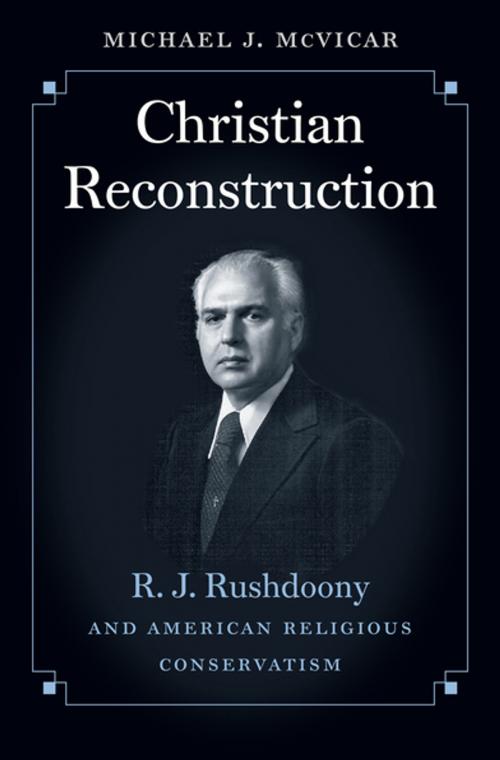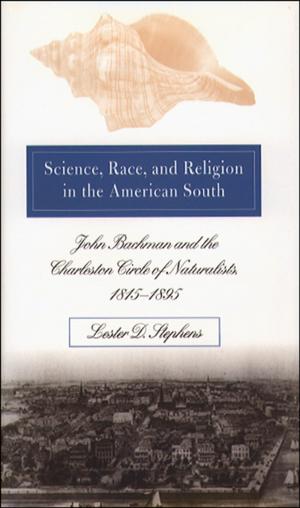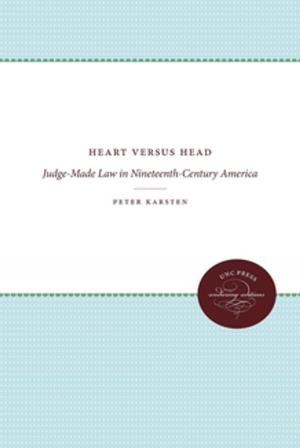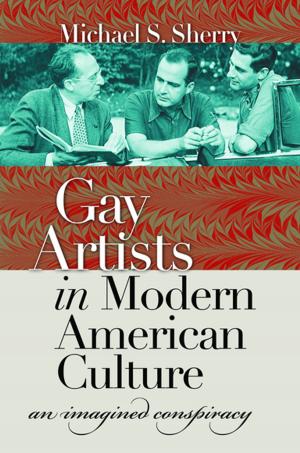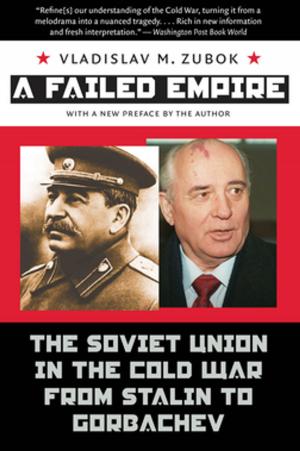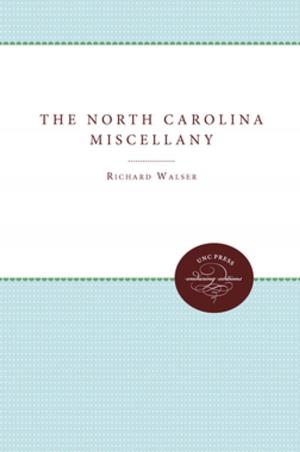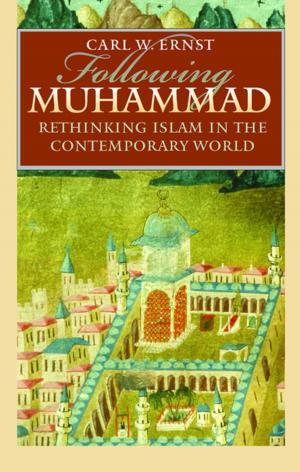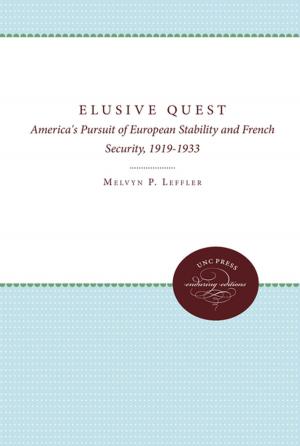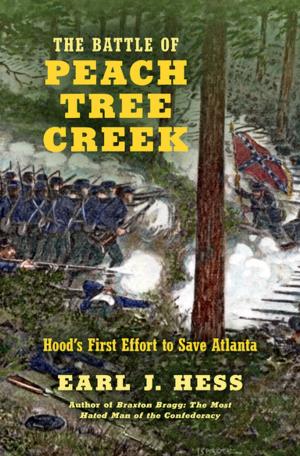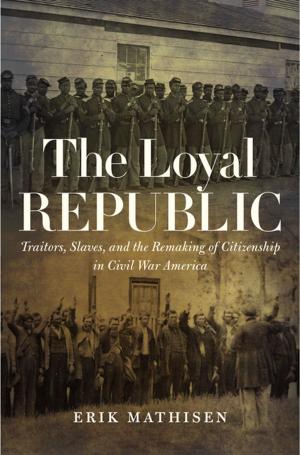Christian Reconstruction
R. J. Rushdoony and American Religious Conservatism
Nonfiction, Social & Cultural Studies, Social Science, Sociology, Marriage & Family, Religion & Spirituality, Christianity, General Christianity, History, Americas, United States, 20th Century| Author: | Michael J. McVicar | ISBN: | 9781469622750 |
| Publisher: | The University of North Carolina Press | Publication: | April 27, 2015 |
| Imprint: | The University of North Carolina Press | Language: | English |
| Author: | Michael J. McVicar |
| ISBN: | 9781469622750 |
| Publisher: | The University of North Carolina Press |
| Publication: | April 27, 2015 |
| Imprint: | The University of North Carolina Press |
| Language: | English |
This is the first critical history of Christian Reconstruction and its founder and champion, theologian and activist Rousas John Rushdoony (1916–2001). Drawing on exclusive access to Rushdoony's personal papers and extensive correspondence, Michael J. McVicar demonstrates the considerable role Reconstructionism played in the development of the radical Christian Right and an American theocratic agenda. As a religious movement, Reconstructionism aims at nothing less than "reconstructing" individuals through a form of Christian governance that, if implemented in the lives of U.S. citizens, would fundamentally alter the shape of American society.
McVicar examines Rushdoony's career and traces Reconstructionism as it grew from a grassroots, populist movement in the 1960s to its height of popularity in the 1970s and 1980s. He reveals the movement's galvanizing role in the development of political conspiracy theories and survivalism, libertarianism and antistatism, and educational reform and homeschooling. The book demonstrates how these issues have retained and in many cases gained potency for conservative Christians to the present day, despite the decline of the movement itself beginning in the 1990s. McVicar contends that Christian Reconstruction has contributed significantly to how certain forms of religiosity have become central, and now familiar, aspects of an often controversial conservative revolution in America.
This is the first critical history of Christian Reconstruction and its founder and champion, theologian and activist Rousas John Rushdoony (1916–2001). Drawing on exclusive access to Rushdoony's personal papers and extensive correspondence, Michael J. McVicar demonstrates the considerable role Reconstructionism played in the development of the radical Christian Right and an American theocratic agenda. As a religious movement, Reconstructionism aims at nothing less than "reconstructing" individuals through a form of Christian governance that, if implemented in the lives of U.S. citizens, would fundamentally alter the shape of American society.
McVicar examines Rushdoony's career and traces Reconstructionism as it grew from a grassroots, populist movement in the 1960s to its height of popularity in the 1970s and 1980s. He reveals the movement's galvanizing role in the development of political conspiracy theories and survivalism, libertarianism and antistatism, and educational reform and homeschooling. The book demonstrates how these issues have retained and in many cases gained potency for conservative Christians to the present day, despite the decline of the movement itself beginning in the 1990s. McVicar contends that Christian Reconstruction has contributed significantly to how certain forms of religiosity have become central, and now familiar, aspects of an often controversial conservative revolution in America.
